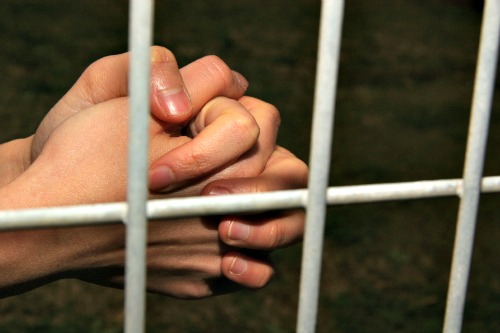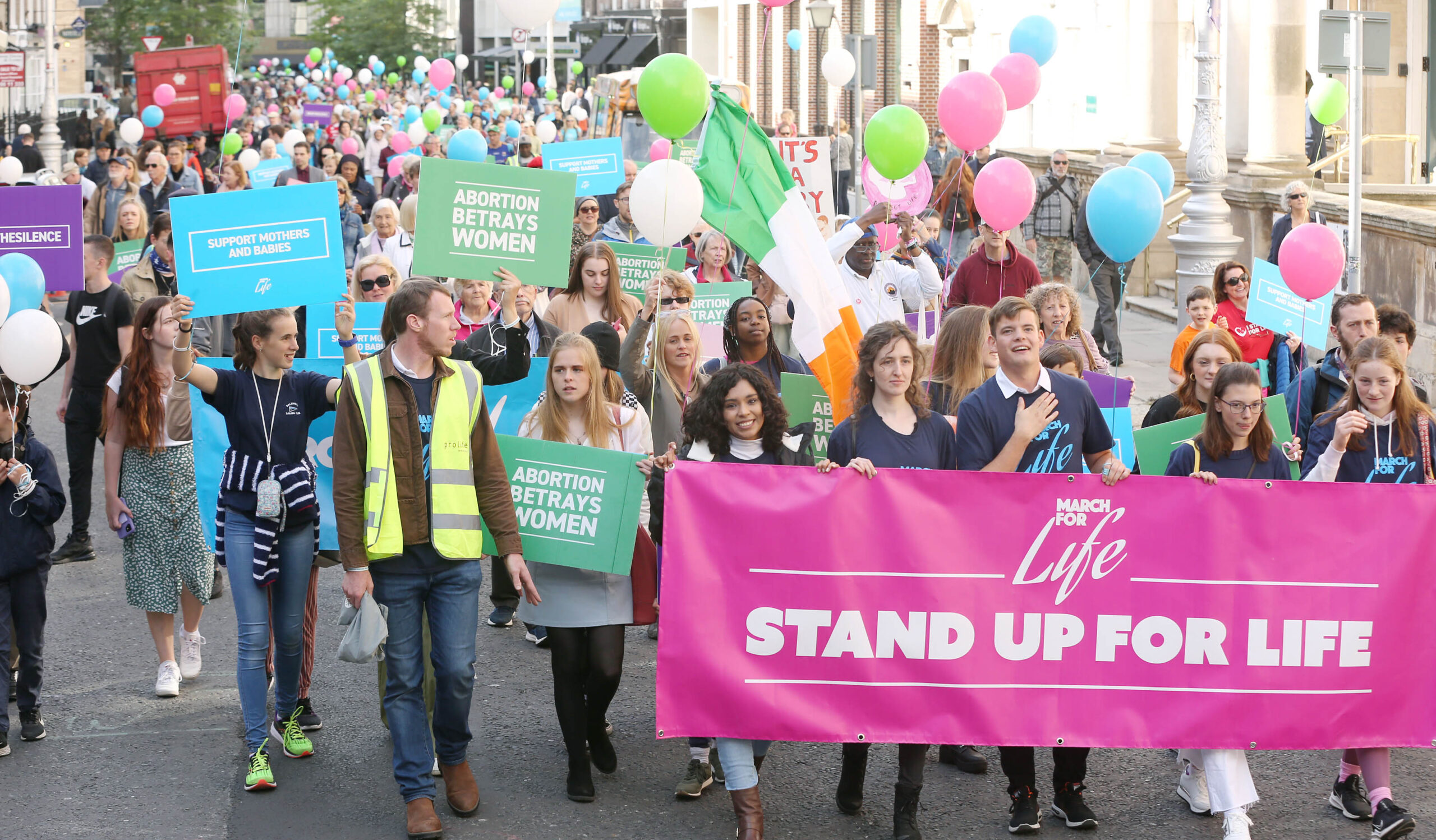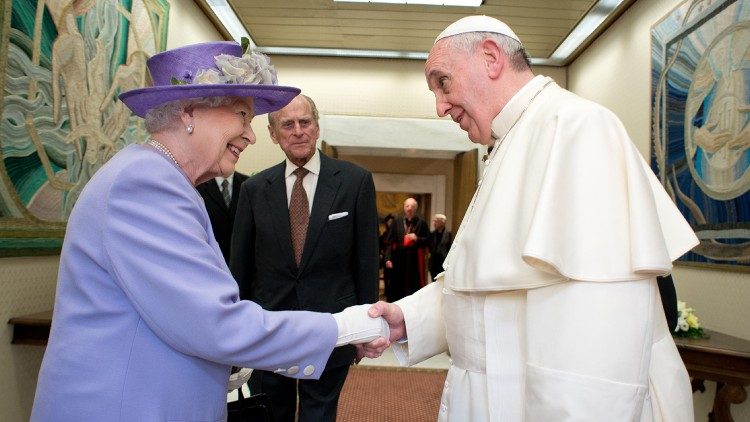
Census 2021 results show that 46pc of the population are now Catholic, while 43pc are Protestant or another Christian religion. The number who say they belong to no religion is now 9.3pc.
The 2011 Census recorded 48pc of the population as being either Protestant or brought up Protestant, down five percentage points on 2001. The Catholic population stood at 45pc in the last census, which itself was up one percentage point on 2001.

Three evangelical preachers acquitted of breaching the peace after gardai accused them of using ‘homophobic’ language are now suing the Garda and the Attorney General.
The Northern Irish men claim gardaí breached their constitutional rights to freedom of religion and association, when they were arrested in Dundalk, Co Louth on September 21st, 2021.
The men were using a speaker and microphone to preach the gospel and were handing out pamphlets detailing Bible passages.
Garda Michael Brady told the court: ‘They were saying homosexuals are going to burn in hell for ever and sodomy was a sin,’ the garda told the court.
When it was put to him that the accused enjoyed freedom of speech and association, the garda replied they were not entitled to insult or belittle others.
The court saw video footage showing of one of the men saying both homosexual and heterosexual people must repent before God. One of the men told the court he quoted from the Bible and said unrighteous people will not enter Heaven.
Judge Eirinn McKiernan said everyone is entitled to their views. She said she had doubts the men’s actions were likely to cause a breach of the peace and dismissed the charges against all three men.
The men lodged papers in the High Court in Dublin on Wednesday seeking damages and declarations that their rights were infringed during the Dundalk incident.

More than 16,634 adopted people, birth parents, and other relatives have now registered with the Adoption Authority of Ireland to state their preferences about making contact with birth relatives.
Latest figures show that 2,174 people have joined the new Contact Preference Register (CPR), which was set up in July as part of the enactment of the Birth Information and Tracing Act 2022.
The CPR replaces the old National Adoption Contact Preference Register (NACPR), on which 14,460 people were registered.
The Birth Information and Tracing Act provides legal entitlement, where available, to full and unrestricted access to birth certificates, birth, early life, care, and medical information for any person who was adopted, boarded out, had their birth illegally registered, or who otherwise has questions in relation to their origins. The new law also creates a statutory tracing service for those affected by adoption who are seeking to make contact with birth relatives.

Christians in India say a new anti-conversion law passed in the state of Karnataka, will infringe on the freedom of religion guaranteed by the Indian constitution.
The legislation, known as the anti-conversion bill, was passed by the Karnataka Legislative Assembly last year, but it was not brought before the upper house Council, where the ruling BJP then lacked a majority, until this year, after the party secured 40 of the Council’s 75 seats.
The BJP party, which also holds power at the national level, is aligned with a Hindu nationalist organization, and has been passing anti-conversion bills – targeting the country’s Muslim and Christian minorities – in state legislatures it controls.
The law allows for a prison term of up to five years for an “illegal” conversion, which can extend to 10 years if it involves a minor.
Hindu nationalists have been stoking fears over “illegal conversion” for years, and claim Christian groups use their social services – church organisations are overrepresented compared to their percentage of the population in the educational, health, and charitable sectors in India – to illicitly convert Hindus, especially those belonging to the marginalised lower castes.

Gunmen attacked St. Mary’s Catholic Nchang Parish in Mamfe, Cameroon, last week, and set it on fire. They also abducted priests, a nun and some laypersons.
The regional body of Bishops -the Bamenda Provincial Episcopal Conference (BAPEC) have called on those that abducted the five Catholic priests, a religious sister and some lay persons to set them free, “without further delay.”
We learnt “with great shock and utter horror the burning down of the St. Mary’s Catholic Church, Nchang, Mamfe Diocese, and the abduction of five priests, one religious sister and two lay faithful by unknown gunmen, (and that they have been) taken to an unknown destination in the surrounding forests of Nchang village on the evening of 16 September 2022,” said a statement released by the Bishops.

Thousands attended the March for Life in Dublin on Saturday, with a report from RTE pegging the number at 2,000.
Participants walked from St Stephen’s Green to Leinster House to call on the Government to address the big increase in the number of abortions taking place, and to stop keeping women in the dark about positive alternatives to abortion.
Eilís Mulroy of the Pro Life Campaign said: “Today, we are uniting with pro-life Oireachtas members to demand that the Government address Ireland’s spiraling abortion rate and make way for positive alternatives to abortion to be promoted.
“In the first three years since the new abortion law was introduced, 20,718 Irish abortions have taken place. This is a national tragedy that demands urgent action to ensure that women contemplating abortion are fully informed about positive alternatives prior to any abortion happening.”
The keynote speaker at the march was Autumn Lindsey, spokesperson for Students for Life of America. She first came to prominence in 2017 when as a teenager she made a rebuttal video that was watched by millions in response to a Teen Vogue article making light of abortion. She sent strong words of encouragement to attendees:
“Abortion advocates want you to play defense. So, play offense. They may have been able to pass a law, but they cannot change the culture you have created here in Ireland. Life will triumph over death, and we will see abortion abolished in Ireland.”

Catholic primary schools in the Archdiocese of Dublin will continue to prepare children for Communion and Confirmation even as a new policy places greater emphasis on families and the local parish in sacramental preparation.
Under a “sacraments of initiation policy” published last month, parishes assume primary responsibility for the process. But the policy confirms Catholic primary schools will continue to play a key role by delivering the Grow in Love programme.
Under existing rules, schools are entitled to set aside up to 30 minutes of the school day for religious instruction or faith formation.
“Education for the sacraments in the school setting begins with junior infants and continues through the curriculum to sixth class,” the archdiocese policy states.
It adds that content specific to the first celebration of the sacraments of Confession and Communion is a two-year process beginning in first class, while content specific to the celebration the sacrament of Confirmation is also a two-year process beginning in fifth class.

Pro-life groups have assailed the report on a consultation on assisted suicide in Scotland resulting in calls for the Scottish Government to conduct an urgent independent review of the handling of the consultation process.
Right to Life UK said 3,526 submissions from members of the public opposed to a proposed assisted suicide Bill were removed from the consultation.
The report’s author who is also proposing the legislation in the Scottish Parliament chose to remove all consultation submissions from members of the public who were mobilised by Right To Life UK.
Yet, the author directly encouraged 57 constituents, known to support assisted suicide, to respond to the consultation and he included their views.
Right To Life UK spokesperson, Catherine Robinson, said the report’s author, MSP Liam McArthur, “appears to have rigged the outcome”.
In addition, Kevin Hay of Catholic Arena said McArthur chose to release the report on the same day Queen Elizabeth II died, ensuring it was buried under the news of the Monarch’s passing.
He also noted a lack of “visible neutrality” in the survey by not having the results collated by an independent agency.

The highly controversial proceedings that could end in heavy fines or jail time have been widely criticised as an attack against democracy.
Zen, 90, and five others were arrested in May under a Beijing-imposed national security law for allegedly colluding with foreign forces.
Specifically, they are charged with failing to apply for local society registration for the now defunct 612 Humanitarian Fund between July 16, 2019, and October 31, 2021. The fund, for which they all held leadership positions, provided financial and legal aid to pro-democracy protesters who took to the streets in 2019 to oppose a controversial bill allowing extradition to mainland China.

Queen Elizabeth’s strong Christian faith and prayer life, whose funeral took place today, have been recalled by those close to her.
“I think there have been only two Sundays since I’ve been here – apart from Covid times – that she didn’t come to church,” says Kenneth MacKenzie, who for 15 years was domestic chaplain to the Queen when she was at Balmoral.
In the months each year the late Queen was in Scotland, she would attend the little parish church of Crathie Kirk where she would sit in a pew to one side, upholstered in purple velvet.
While one of her constitutional titles was Supreme Governor of the Church of England, this church she attended so regularly was Presbyterian.
Mr MacKenzie felt that might have allowed the Queen to feel she could go more as a member of the congregation, rather than as a figure of authority.
“The moments I’ll cherish most would be those when the Queen would speak to me as a parish minister about things happening in the world,” he says.
It quickly became clear to him she was not only devout, but that she felt strongly that her role had been divinely assigned.
“I knew she felt a calling in some way from her people, but more than that, she saw her calling as from almighty God,” he says.